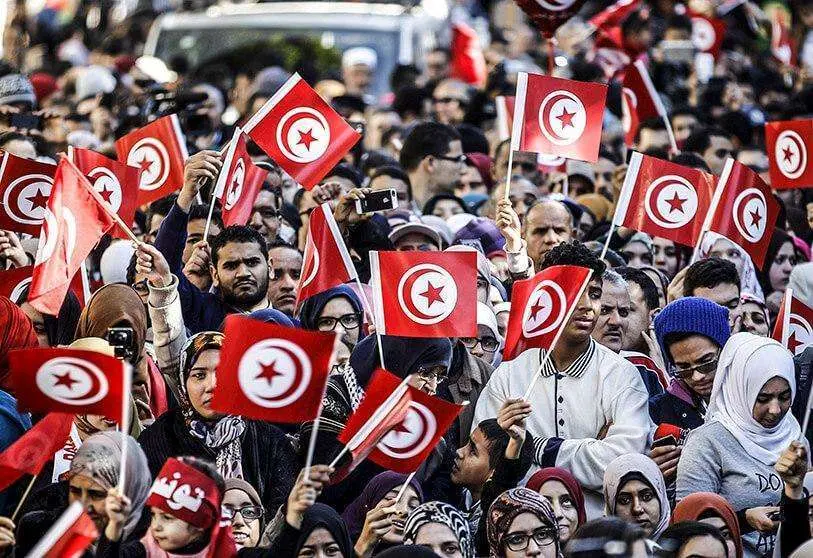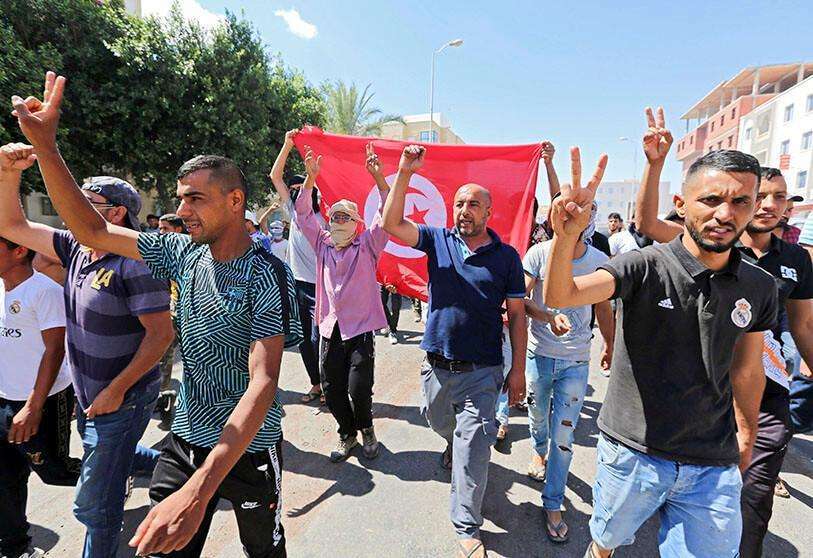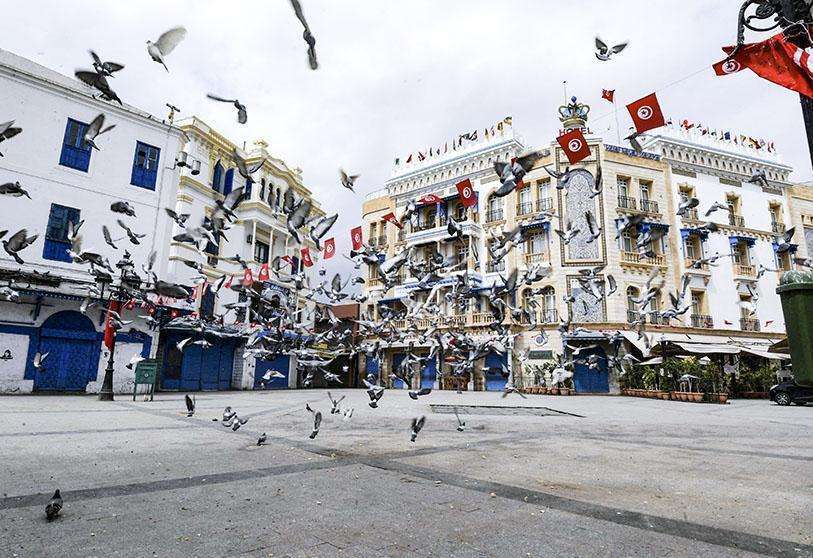Tunisia's prodigious decade

Too often, Western analyses of popular movements for openness in Arab countries have not been free of an updated version of nineteenth-century Orientalism, whose common thread is the preconceived idea of a supposed 'Arab exceptionalism' that would make democracy and Mohammedanism intrinsically incompatible. As a result, social regeneration efforts in countries such as Tunisia are particularly challenging, in that their success would have the added virtue of refuting Orientalist prejudice, something that young Tunisians seem to have understood better than anyone else, as demonstrated by the qualitative increase in their political participation in the 2019 presidential elections, They have placed their hopes in Kais Saïed, who knew how to reach out to young people to understand their concerns, and received their support by counteracting the adversity of the traditional media with Kais Saïed promoting his candidacy with a youth campaign on social networks.
However, there is no shortage of those within Tunisian society itself who are in tune with the prejudices of Western orientalism, and who have a vested interest in putting the brakes on the structural changes for which President Kais Saïed received an unquestionable mandate, which he is still determined to fulfil, even while ignoring the game changer for the Maghreb that the Morocco-Israel agreement represents and focusing on undertaking an unheard of ethical cleansing in Tunisia.

The streets have once again been the scene of the latent contradictions hampering President Saïed's efforts, in the wake of the Jasmine Revolution anniversary: after parliament ratified the new eleven ministers appointed by head of government Hichem Mechich in a marathon session on 27 January, President Saïed expressed his opposition to the swearing-in of the new ministers on the grounds of their questionable past. This, in effect, represents a clash of legitimacy, given that the head of the executive derives his power from the parliamentary majority, while the head of state is directly elected by the voters.
It is not surprising, therefore, that attempts have been made to resolve this tension at a tangent, on the streets, through mass protests that have led to episodes of police violence and mass arrests, including hundreds of minors. While this is not the first time in recent times that Tunisia appears to be on the verge of a breakdown, this time, unlike in the months following the 2011 revolution, Tunisian Islamists from Ennahda, and nationalists from the Destour Party, have made a tacit common front by publicly declaring their support for the police unions and the performance of Tunisian security forces, which do not appear to be following the instructions of Hichem Mechich's government. It should be noted that the Tunisian constitution expressly prohibits the right of police unions to strike, so the situation is not only a problem of public order, but also one of constitutional disobedience, something that will force the heads of government and state to find a way out to prevent the apparent union control of law enforcement action, and the Islamist party's invocation of a military coup during public prayers, from degenerating into an uncontrollable situation, further aggravated by the pandemic crisis and endemic hardship.
However, a compromise between government and protesters is unlikely to bring a sudden end to street protests if those who are encouraging police repression and even involutionism are not part of an equation in which institutional understanding, by degree or by force, is key to extinguishing the fuse of violence. The events of 6 January at the Capitol demonstrated that democracy has little to do with ethnicity and much to do with respect for institutions. In this sense, it would be useful for Tunisian political leaders to draw the necessary conclusions that would lead them to speed up the composition of the Constitutional Court, which has been boycotted for sectarian reasons since 2014.

Without a fully functioning constitutional court, there are no authoritative mechanisms to arbitrate and resolve the overlapping power conflicts epitomised by Mechich and Saïed, and the situation will tend to ossify. In the same vein, a fully functioning constitutional court can provide constitutional backing for President Saïed's ethical efforts by facilitating the reform of the National Anti-Corruption Authority so that corruption prevention becomes part of government processes and procedures.
As Richard L. Hasen, professor of law at the University of California, has pointed out, any institutional dysfunction tends to result in extreme polarisation, making it impossible to pass adequate laws to resolve political disputes. Consequently, when such a deadlock is reached, institutions need to be reformed so that they are the ones to channel conflict resolution. From this point of view, Tunisia is no different from any other democracy, Western or otherwise, nor does it suffer from any ethnic determinism that would make it exceptional, so the same recipes applied to other democracies can be applied to it.

